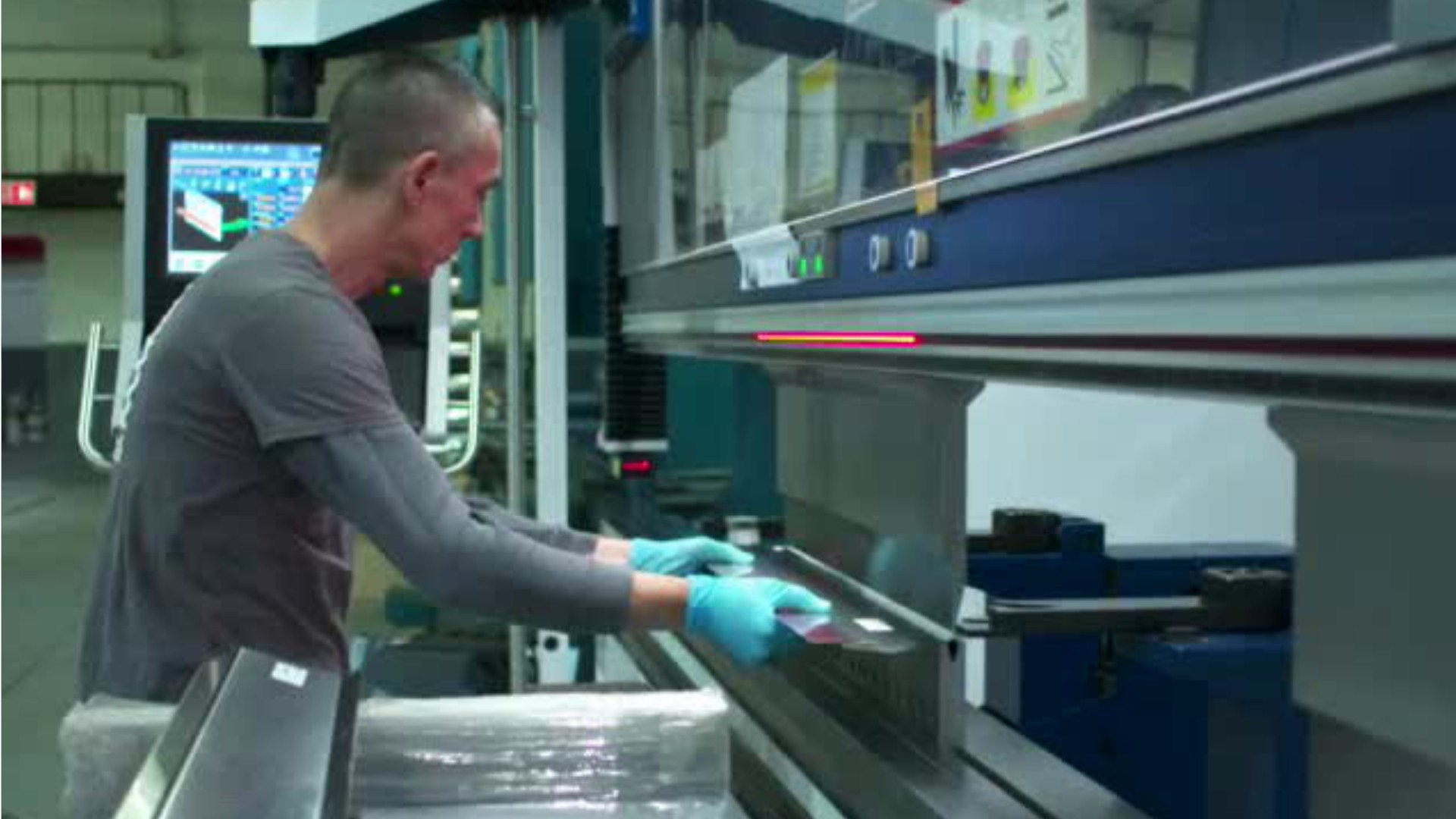Plating Machine Setters, Operators, & Tenders, Metal & Plastic
Anodizer, Chrome Plater, Electro Plater, Plater
 Select a military branch to see samples.
Select a military branch to see samples.
Aircraft Structural Maintenance; Aircraft Structural Maintenance Apprentice; Aircraft Structural Maintenance Craftsman; Aircraft Structural Maintenance Helper; Aircraft Structural Maintenance Journeyman
Allied Trades Warrant Officer
Aviation Maintenance Technician; Machinery Technician; Naval Engineering Specialty
Machinist
Machinery Repairman
No similar titles were found.
What they do:
Set up, operate, or tend plating machines to coat metal or plastic products with chromium, zinc, copper, cadmium, nickel, or other metal to protect or decorate surfaces. Typically, the product being coated is immersed in molten metal or an electrolytic solution.
On the job, you would:
- Immerse workpieces in coating solutions or liquid metal or plastic for specified times.
- Adjust dials to regulate flow of current and voltage supplied to terminals to control plating processes.
- Inspect coated or plated areas for defects, such as air bubbles or uneven coverage.
Knowledge
Manufactured or Agricultural Goods
- manufacture and distribution of products
Math and Science
- arithmetic, algebra, geometry, calculus, or statistics
- chemistry
Arts and Humanities
- English language
Engineering and Technology
- mechanical
Skills
Basic Skills
- keeping track of how well people and/or groups are doing in order to make improvements
- listening to others, not interrupting, and asking good questions
Problem Solving
- noticing a problem and figuring out the best way to solve it
Abilities
Hand and Finger Use
- hold or move items with your hands
- keep your arm or hand steady
Verbal
- listen and understand what people say
- communicate by speaking
Personality
People interested in this work like activities that include practical, hands-on problems and solutions.
They do well at jobs that need:
- Cautiousness
- Attention to Detail
- Dependability
- Stress Tolerance
- Integrity
- Achievement Orientation
Technology
You might use software like this on the job:
Spreadsheet software
- Microsoft Excel
Electronic mail software
- Microsoft Outlook
Procurement software
- Oracle Advanced Procurement
Education
Education: (rated 2 of 5)
no high school diploma/GED or
high school diploma/GED
usually needed
high school diploma/GED
usually needed
Job Outlook
Below Average
New job opportunities are less likely in the future.
Explore More
- Coating, Painting, & Spraying Machine Setters, Operators, & Tenders
- Heat Treating Equipment Setters, Operators, & Tenders, Metal & Plastic
- Molders, Shapers, & Casters
- Molding, Coremaking, & Casting Machine Setters, Operators, & Tenders, Metal & Plastic
- Welding, Soldering, & Brazing Machine Setters, Operators, & Tenders
You might like a career in one of these industries:
See more details at O*NET OnLine about Plating Machine Setters, Operators, & Tenders, Metal & Plastic.





